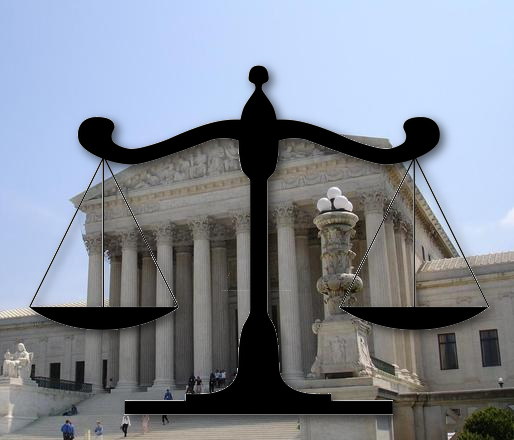

SEVERAL days ago we became aware of "Apple's motion for a permanent injunction against Samsung for infringing upon three software patents."
In a one-paragraph order, the Federal Circuit has vacated its prior design patent damages determination in Samsung v. Apple following the Supreme Court’s 2016 reversal. The appeal is reinstated, and new briefs will now be filed. (Federal Circuit Docket No. 14-1335).
Apple’s design patents cover various ornamental designs applied to the iPhone and infringing Samsung Galaxy devices. Samsung was found to infringe because it “sells … [an] article of manufacture to which such design … has been applied.” 35 U.S.C. 289. The statute calls for for the infringer to be “liable to the owner [of the patent] to the extent of his total profits.” In its original decision, the Federal Circuit held that “total profits” referred to Samsung’s total profits on its infringing phones – i.e., total profits associated with the article of manufacture to which the design has been applied.
"If patents are supposed to be in the interest of the public, then why deny ill people access to treatment which they can afford?"Writing from New York, again in relation to a SCOTUS, "Natalie Rahhal analyses the arguments of the amicus briefs filed in Lee v Tam, ahead of oral arguments in the case involving disparaging trade marks at the US Supreme Court on January 18," according to this from MIP. This is not about patents, but the oral argument is imminent (2 days from now).
Looking outside the US for high-profile cases, there is also this case of Fujifilm v AbbVie (UK), which several sites have covered this month [1, 2] because "[g]eneric companies can seek court declarations that their own products are old or obvious in patent law terms under certain circumstances, the England & Wales Court of Appeal has ruled," to quote MIP.
In Canada, the Supreme Court might soon hear this case where AstraZeneca is attempting to block generics. To quote MIP again: "The court on November heard arguments in AstraZeneca Canada v Apotex. The case involves AstraZeneca Canada’s patent for Nexium (Esomeprazole), a pharmaceutical product used to treat gastroesophageal reflux disease. AstraZeneca attempted to block Apotex from bringing a generic drug to the market. The Federal Court found that the promised utility of Nexium had not been adequately proven at the time of filing. AstaZeneca appealed to the Supreme Court."
"2017 promises to be rather interesting, especially because later this week Trump gets inaugurated and he can thereafter cause a lot of damage to patent reform."Suffice to say, we support generic medicine. If patents are supposed to be in the interest of the public, then why deny ill people access to treatment which they can afford?
2017 promises to be rather interesting, especially because later this week Trump gets inaugurated and he can thereafter cause a lot of damage to patent reform. His policies and appointments tend to serve the richest people, not ill and poor people. ⬆